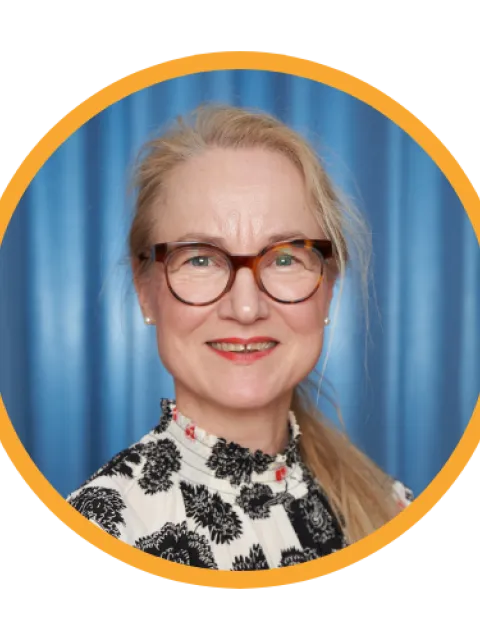A call to action: advancing global cancer control together

Ulrika Årehed Kågström, looks forward to the next two years of her presidency at UICC, reflecting on the urgency of global collaboration to address cancer inequities, and the need for action to ensure that progress in cancer control reaches all communities.
As I reflect on the past World Cancer Congress 2024 in Geneva, Switzerland, the magnitude of what is at stake has never been clearer. Over 2,000 professionals from 120 countries came together, unified by a common cause – to drive global efforts to reduce the impact and burden of cancer. The energy and dedication in the rooms were tangible, but amidst the successes we are reminded that the fight is far from over.
While advancements have been made, they are not reaching all corners of the globe. The stark inequities in cancer control remain one of the greatest challenges we face today. We cannot allow these gaps to widen; we must act with urgency and precision. The statistics alone are a sober reminder: During our time in Geneva, another 200,000 individuals were diagnosed with cancer, and 100,000 lives were lost –many of which could have been saved with timely interventions. The status quo is simply unacceptable.
Our path ahead will without doubt be challenging in a world facing significant and complex challenges. From geopolitical conflicts and economic instability to pressing social issues, the global context in which we operate make our mission to ensure equity in cancer control even more vital, as we strive to meet the needs of patients and healthcare systems in an increasingly unpredictable environment.
Yet, I am convinced the future holds huge potential, and the innovations needed to address cancer’s complexities are closer than ever. By approaching the challenges ahead with a multisectoral approach fostering partnerships I am convinced we will take necessary steps forward addressing rising cancer incidence and mortality.
For instance, the advancements in cervical cancer elimination are one of many great examples of how our collected efforts have brought us to a reality where the elimination of an entire cancer form is in sight. And coming together to address the growing threat of antimicrobial resistance (AMR), which poses significant challenges to cancer treatment and patient care is critical. The outcome from the UNGA on AMR in September 2024 serves as a crucial framework, and it is essential that we follow up on its commitments to safeguard the efficacy of life-saving treatments for cancer patients worldwide.
Looking ahead, our work over the next two years will focus on several key initiatives where collaboration is essential to set tangible goals. Among these, we will be updating the World Cancer Declaration, which I hope to launch at next year’s World Cancer Leaders' Summit in Melbourne. Another key focus will be the United Nations High-Level Meeting on non-communicable diseases which will be an important moment to address and set actionable targets for reducing preventable cancer cases. The outcomes of these meetings must not remain just words. Our task is to ensure their implementation globally, turning promises into realities.
Let’s encourage more people and from every sector to join us in the reducing the burden of cancer. I’m looking forward to working alongside all of you as we move forward, united in our mission to reduce the global cancer burden, promote greater equity, and ensure that cancer control continues to be a priority in the world health and development agenda.
Last update
Tuesday 29 October 2024Share this page


